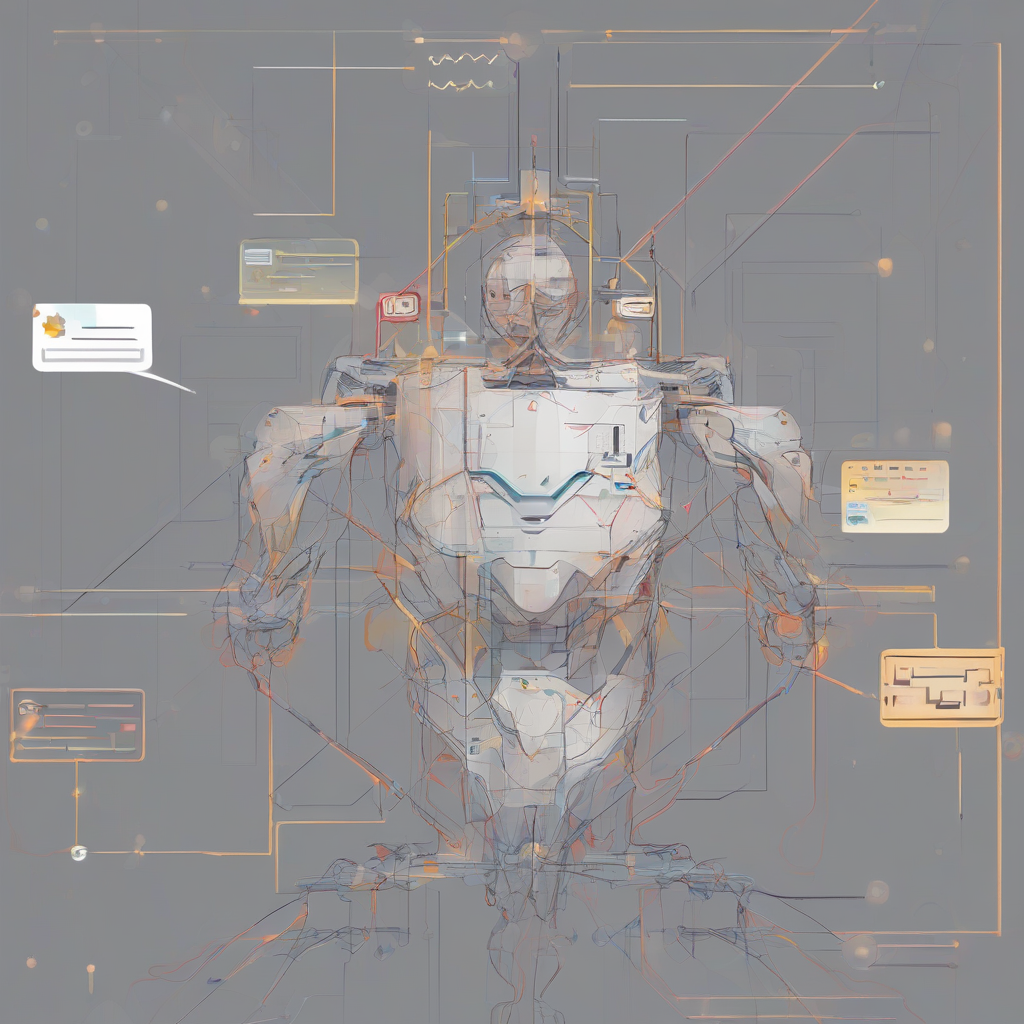Cybersecurity Online Masters Degree: Your Guide to a Thriving Career
In the digital age, cybersecurity is no longer a niche concern; it’s a fundamental necessity. As technology continues to evolve at an unprecedented pace, so too do the threats to our data and privacy. This has created a surge in demand for skilled cybersecurity professionals who can safeguard our digital world.
If you’re drawn to the challenge of protecting organizations and individuals from cyber threats, a cybersecurity online masters degree might be the perfect path for you. This degree program offers a comprehensive education in the latest cybersecurity technologies, principles, and best practices, equipping you with the skills and knowledge needed to succeed in this dynamic field.
Why Pursue a Cybersecurity Online Masters Degree?
- High Demand, High Salaries: The cybersecurity job market is booming, with a projected growth rate significantly higher than the national average. This high demand translates to competitive salaries and excellent career prospects.
- Career Advancement: A masters degree in cybersecurity can significantly boost your earning potential and open doors to leadership roles within your organization or other cybersecurity organizations.
- Flexibility and Accessibility: Online programs provide the flexibility to study at your own pace and on your own schedule, making it ideal for working professionals and those with other commitments.
- Industry-Relevant Curriculum: Cybersecurity online programs are designed with input from industry experts, ensuring you gain practical skills and knowledge relevant to real-world challenges.
- Strong Network: Online programs offer opportunities to connect with other students and professionals in the field, expanding your network and providing valuable insights.
What to Expect in a Cybersecurity Online Masters Degree Program
Cybersecurity online masters degree programs typically cover a wide range of topics, including:
- Network Security: Understanding network protocols, vulnerabilities, and security measures to protect networks from attacks.
- Ethical Hacking and Penetration Testing: Learning how to identify and exploit security vulnerabilities, simulating real-world attacks to improve defense strategies.
- Cryptography and Secure Communication: Studying encryption techniques, digital signatures, and secure communication protocols to protect data in transit and at rest.
- Security Operations and Incident Response: Developing skills in monitoring, detecting, and responding to security incidents, including malware analysis and incident handling.
- Data Security and Privacy: Understanding data protection laws, privacy principles, and best practices for securing sensitive information.
- Risk Management and Compliance: Learning to identify, assess, and mitigate cybersecurity risks, adhering to industry standards and regulations.
- Emerging Technologies and Threats: Exploring the latest cybersecurity trends, such as cloud security, mobile security, and artificial intelligence.
Choosing the Right Cybersecurity Online Masters Degree Program
With a plethora of online cybersecurity programs available, choosing the right one for your needs can be daunting. Consider these factors:
- Accreditation: Ensure the program is accredited by reputable organizations like the National Security Agency (NSA) or the National Center for Academic Excellence in Cybersecurity (CAE).
- Curriculum: Review the program’s curriculum to ensure it covers the areas you’re most interested in and aligns with your career goals.
- Faculty: Research the program’s faculty to understand their experience and expertise in the field.
- Flexibility and Support: Assess the program’s flexibility in terms of scheduling, learning resources, and technical support available to students.
- Career Services: Look for programs that offer career services, such as job placement assistance, networking opportunities, and resume building support.
Careers in Cybersecurity with a Masters Degree
A cybersecurity online masters degree can open doors to a wide range of rewarding and high-demand careers, including:
- Security Analyst: Monitors network activity, detects threats, and investigates security incidents.
- Penetration Tester: Uses ethical hacking techniques to test vulnerabilities and improve system security.
- Cybersecurity Manager: Develops and implements security policies, procedures, and controls within an organization.
- Chief Information Security Officer (CISO): Oversees all aspects of cybersecurity within an organization, reporting directly to the CEO or board of directors.
- Security Engineer: Designs, builds, and maintains security systems, including firewalls, intrusion detection systems, and anti-virus software.
- Digital Forensics Analyst: Investigates cybercrime incidents, recovers evidence, and prepares reports for legal proceedings.
- Cybersecurity Consultant: Provides expert advice and guidance to organizations on cybersecurity best practices, risk mitigation, and compliance.
Tips for Success in a Cybersecurity Online Masters Degree Program
Online learning requires dedication and discipline to succeed. Here are some tips to help you navigate your cybersecurity online masters program:
- Time Management: Create a study schedule and stick to it to balance your studies with other commitments.
- Active Learning: Engage with course materials, participate in discussions, and apply your knowledge to real-world scenarios.
- Seek Help When Needed: Don’t hesitate to reach out to your instructors, TAs, or online support for clarification or assistance.
- Network with Other Students: Build relationships with your peers for support, collaboration, and valuable insights.
- Stay Updated: The cybersecurity landscape is constantly evolving, so stay informed about new threats, technologies, and best practices.
A cybersecurity online masters degree can be a transformative investment in your career. It will not only equip you with the knowledge and skills to thrive in this dynamic field but also open doors to rewarding and impactful roles that make a real difference in the digital world.

